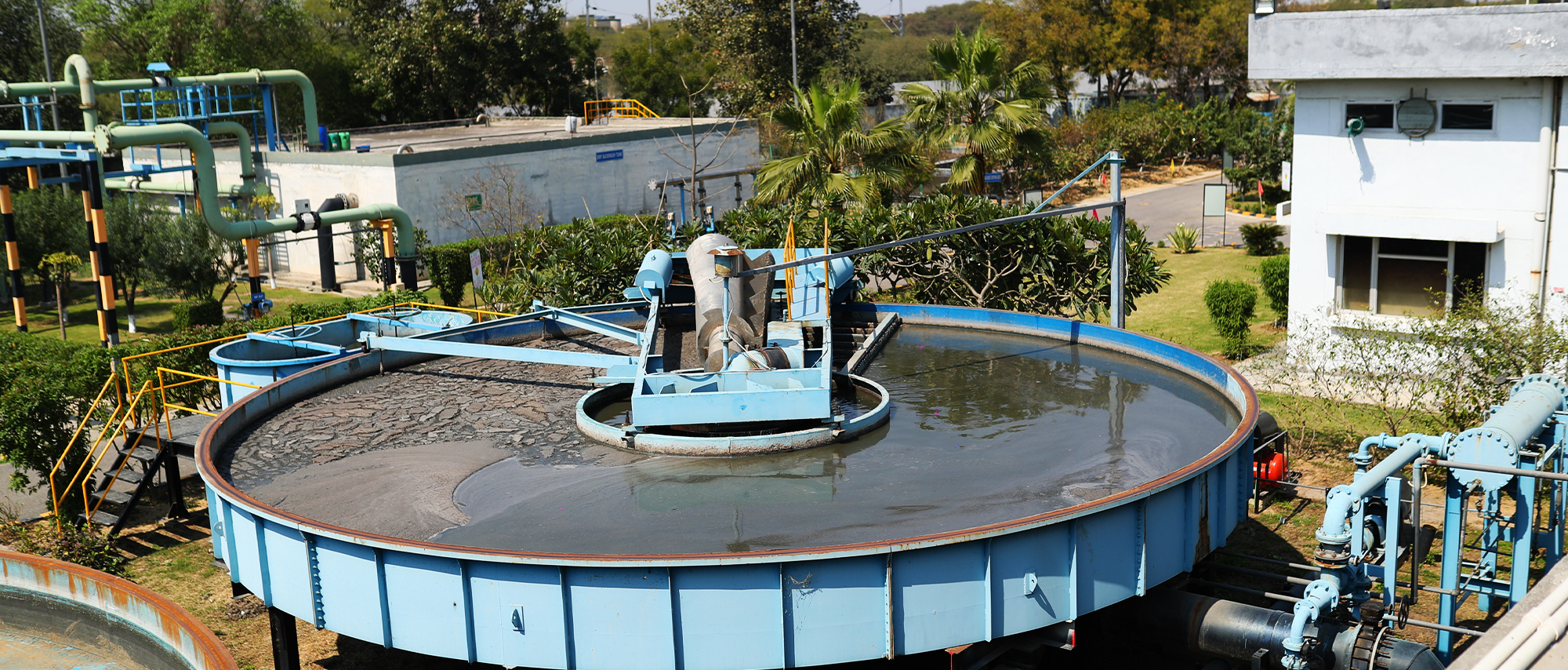
Airports play a pivotal role in global connectivity and economic growth, but they also have a significant environmental footprint, including their water consumption. With the increasing effects of climate change and water scarcity, airports worldwide are recognizing the need to adopt sustainable water management practices. This article explores innovative approaches to water conservation and efficiency in airport operations, highlighting best practices and strategies that can lead to substantial water savings and environmental benefits.
Before implementing water conservation measures, airports can benefit from conducting comprehensive water efficiency audits. These audits provide a detailed assessment of water usage patterns, identify areas of inefficiency and recommend tailored solutions to address immediate concerns and long-term sustainability targets. By conducting regular water audits, airports can stay ahead of regulatory compliance requirements, contribute to water network resilience, reduce direct and indirect emissions, conserve natural resources and demonstrate their commitment to sustainable practices – attracting environmentally conscious travelers and stakeholders.
Airports are employing a wide range of innovative strategies to reduce their water footprint, from recycling water used for runway cleaning to installing water-efficient fixtures. Some of the most effective strategies include:
One of the most promising solutions for water conservation in airports is the utilization of reclaimed water and advanced water purification systems. Reclaimed water, also known as recycled water, is wastewater that has undergone treatment processes to remove pollutants and contaminants, making it suitable for non-potable uses such as landscape irrigation, toilet flushing and aircraft washing.
Many airports have implemented advanced water purification technologies, such as reverse osmosis and ultraviolet disinfection, to treat wastewater and produce high-quality recycled water. This approach not only reduces the airport's reliance on freshwater sources but also helps mitigate the environmental impact of wastewater discharge.
Geothermal cooling systems are gaining popularity in airports due to their energy efficiency and water-saving potential. These systems utilize the Earth's natural thermal properties to provide cooling, eliminating the need for traditional water-based cooling towers. By eliminating water-intensive cooling processes, airports can significantly reduce their water consumption while also minimizing their carbon footprint.
Additionally, airports can implement condensate recovery systems to capture and reuse the condensed water generated by air conditioning units. This water can be repurposed for various applications, such as irrigation or aircraft washing, further reducing the airport's water footprint.
Upgrading to water-efficient fixtures and appliances is a straightforward yet effective approach to water conservation in airport terminals. Low-flow toilets, urinals, faucets and showerheads can significantly reduce water consumption without compromising functionality or user experience.
Furthermore, airports can invest in infrastructure upgrades to improve water distribution and management systems. This may include installing smart metering systems, implementing leak detection and repair programs and optimizing water pressure to reduce water waste.
Landscaping is a water-intensive activity in airports and adopting water-efficient practices in this area can yield substantial water savings. Xeriscape landscaping, which involves the use of drought-tolerant and native plant species, can significantly reduce water demand for irrigation while also enhancing the aesthetic appeal of the airport.
Efficient irrigation systems, such as drip irrigation and smart irrigation controllers, can further optimize water usage for landscaping purposes. Additionally, incorporating rainwater harvesting and stormwater management systems can provide an alternative water source for irrigation, reducing the reliance on potable water supplies.
Airports generate various types of wastewater, including aircraft de-icing and anti-icing fluids, aircraft and vehicle wash water and industrial wastewater from maintenance facilities. Implementing wastewater recycling and resource recovery systems can not only reduce water consumption but also minimize the environmental impact of wastewater discharge.
Advanced treatment technologies, such as membrane bioreactors and activated sludge processes, can be employed to treat wastewater and recover valuable resources, such as water for non-potable uses, biogas for energy generation and nutrient-rich biosolids for agricultural applications.
Successful water conservation in airport operations requires a collaborative approach involving airport authorities, airlines, tenants and other stakeholders. By working together to develop comprehensive water management strategies, airports can address site-specific and operational needs while creating cohesive programs that benefit all parties involved.
Additionally, as regulations governing the treatment of airport-generated industrial wastewater continue to evolve, airport operators must stay vigilant and adapt their water management practices accordingly. Continuous improvement through regular audits, implementation of new technologies and stakeholder engagement will be crucial for airports to maintain their water sustainability efforts in the long term.
GEMS, a subsidiary of the GMR Group, plays a pivotal role in water conservation projects at airports. By leveraging its expertise and resources, we can implement innovative water management solutions, such as rainwater harvesting systems and efficient irrigation techniques, across airport facilities. Additionally, GEMS can collaborate with local communities and stakeholders to promote sustainable water practices, ensuring the conservation of this vital resource for future generations. Through our commitment to environmental stewardship, we aim to make a meaningful impact on water conservation efforts in airport operations.
If you need any services, drop us a mail at Rohitkumar.Singh@gmrgroup.in or get in touch with us at +919717199753.